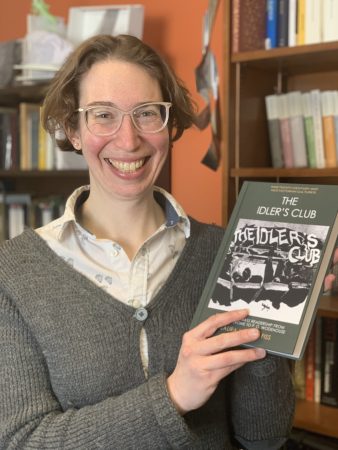
The Idler’s Club: Humour and Mass Readership from Jerome K. Jerome to P.G. Wodehouse, written by faculty member Laura Kasson Fiss, is set to be released on January 31, 2023, from Edinburgh University Press. A release party will take place Friday, February 3, from 12-1 PM at the Van Pelt and Opie Library to celebrate the publication.
The Idler’s Club explores the humor of the key contributors to the Idler literary magazine, “. . . finding connections between people that we don’t really think of today as being connected.” Fiss explains, “They were all in this social network.” By creating humor around the idea of the Victorian social club while simultaneously using “The Idler’s Club” column to create one of their own, authors from Arthur Conan Doyle (Sherlock Holmes stories) to J.M. Barrie (Peter Pan) to Israel Zangwill (whose book, Melting Pot, inspired the oft-used metaphor) created these social and literary connections.
“A lot of them were outsiders, trying to foster social mobility at one point or another.” Fiss observes that the club was “. . . a kind of double-edged sword” that could be both appealing and damaging, and “often both at the same time.” But humor offered these writers and contributors a way to convey multiple meanings simultaneously.
Fiss’ passion for Victorian literature and humor began as an undergraduate, when she studied both English and Music and wrote a thesis for each, both centered around the comedic theatrical partnership Gilbert and Sullivan. Her graduate studies continued to focus on the topic of humor, which would lay the groundwork for The Idler’s Club.
“I’m really proud of it! I’m really excited to have other people read it, and I’m really hoping to have more people take up the topic of Victorian humor.”
Readers can save 30% off Idler’s Club by pre-ordering the book before its official release date on Tuesday using the code NEW30 on the Edinburgh University Press web site.
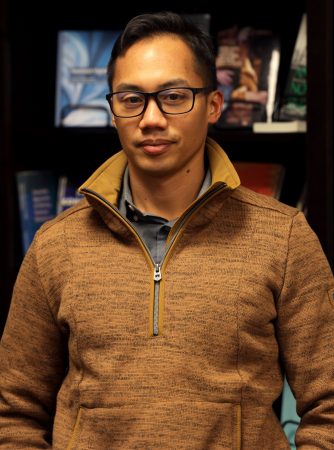
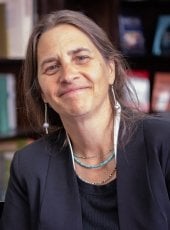


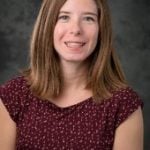
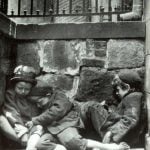
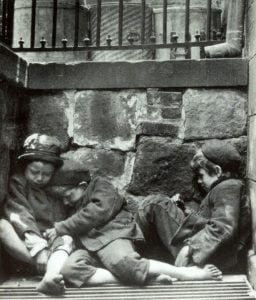
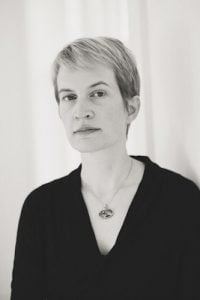
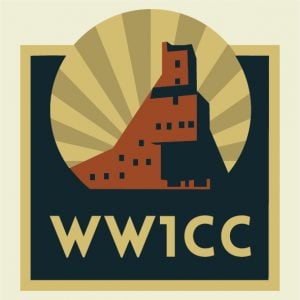 A talk on Copper Country Mothers during World War I by
A talk on Copper Country Mothers during World War I by